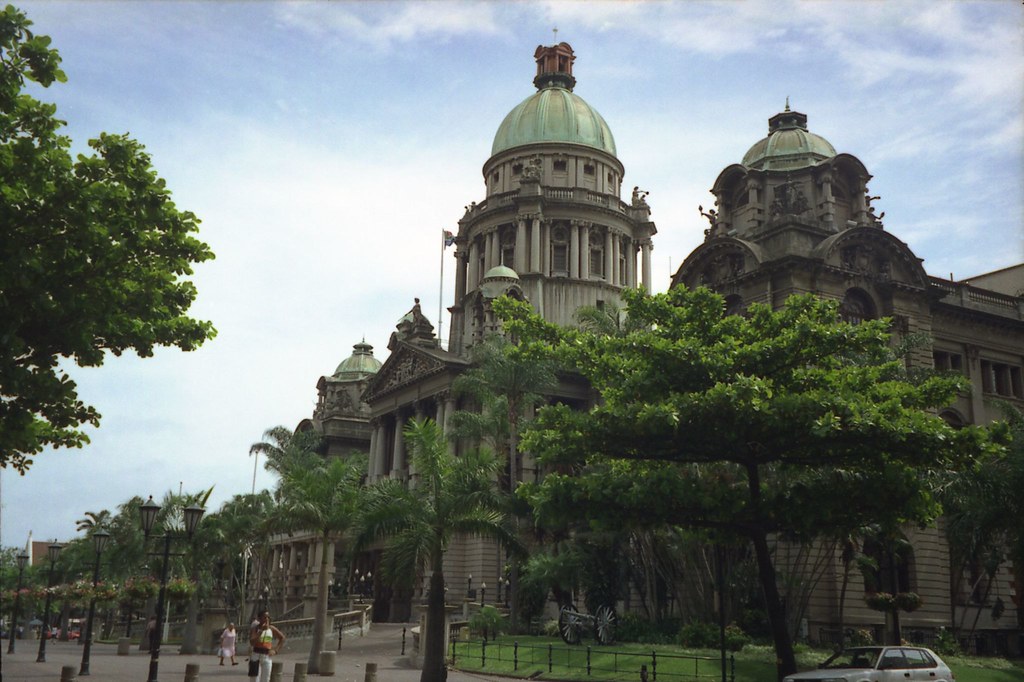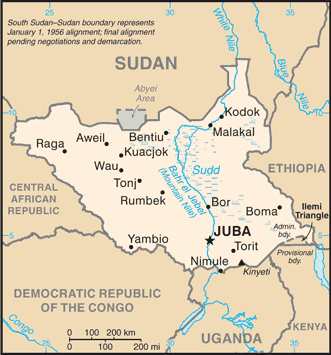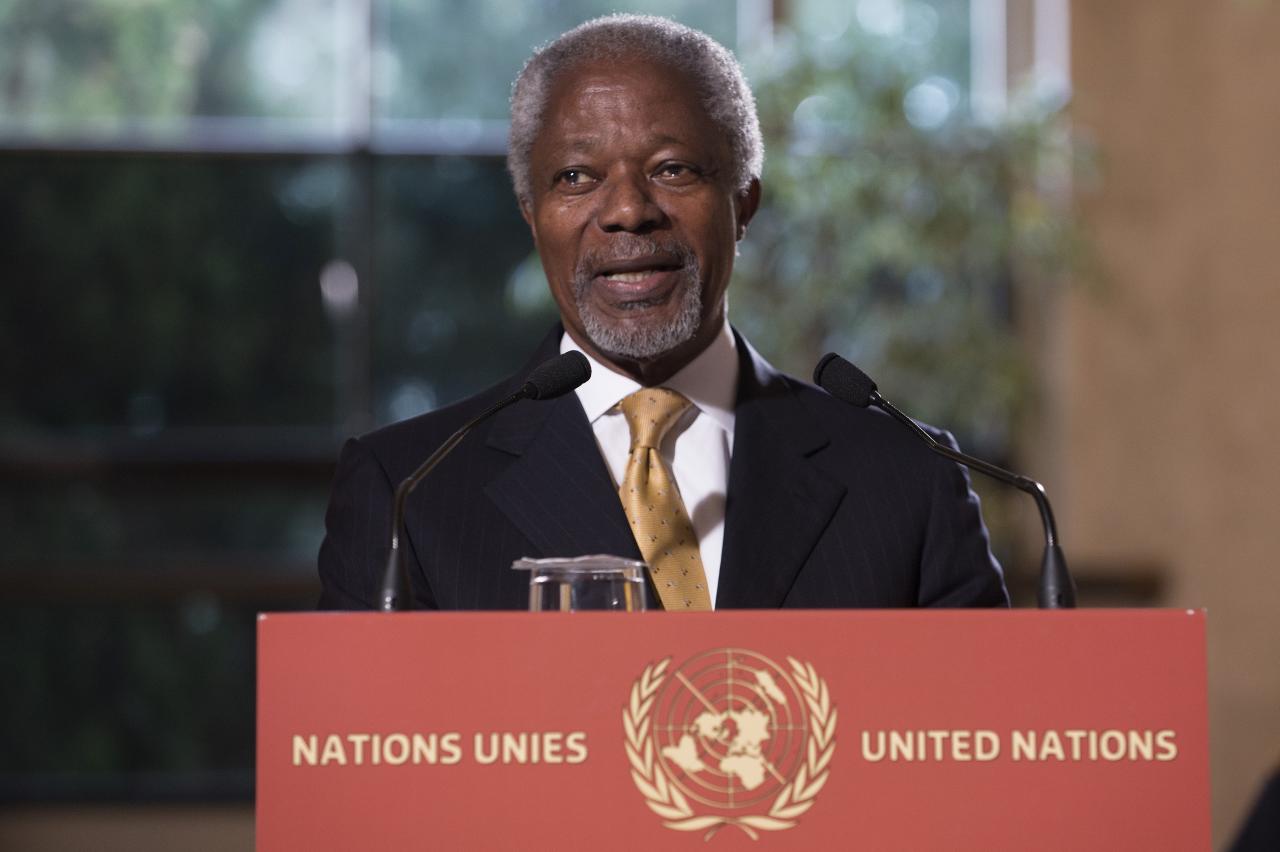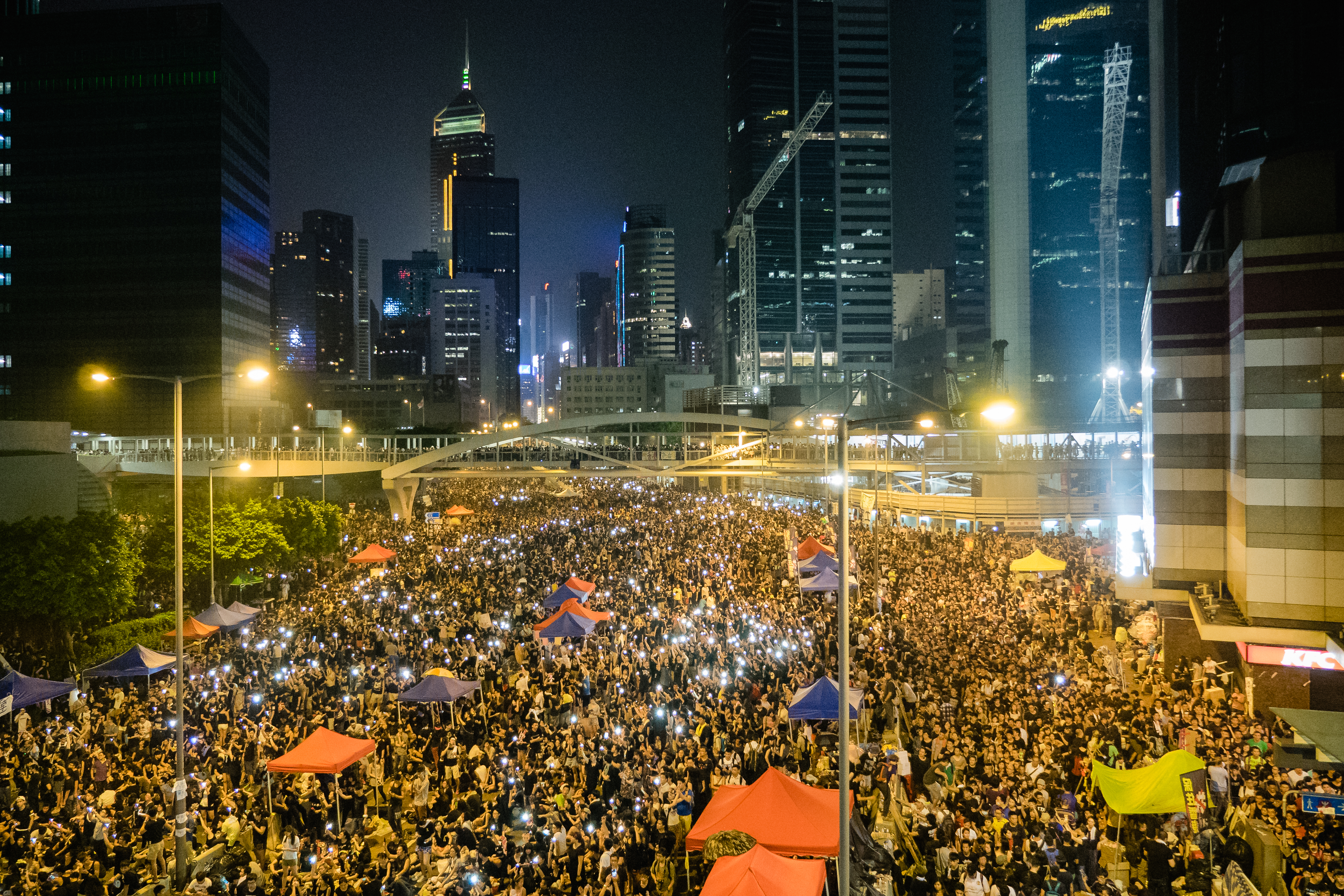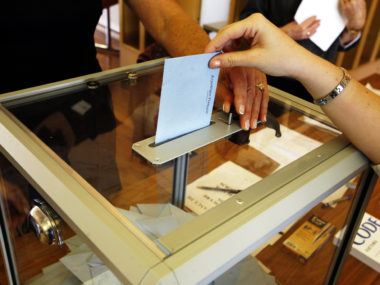Guest post by Patrick Pierson.
It’s been a long couple of months in Durban, South Africa. On May 14th, the mayor of eThekwini municipality, Zandili Gumede, turned herself into prosecutors in the face of mounting corruption and bribery charges (the broader anti-corruption campaign has filed charges against more than 60 councillors in the province). Out on bail while awaiting trial, the national leadership of the African National Congress—Gumede’s party—ordered her suspension while internal investigations continue. But some ANC supporters are less than thrilled with the decision.
In recent weeks, downtown Durban has been wracked by violent protests and dozens of arrests as Gumede’s supporters rail against the mandatory leave of absence. Her backers have marched on the ANC’s provincial headquarters in Durban and demanded the dissolution of the party’s regional executive committee—the party leadership organ responsible for the suspension. Though Gumede insists she is not encouraging the protests, even fellow ANC members have their doubts.
At the heart of the Gumede controversy is a much deeper rift within the ruling ANC between supporters of former President Jacob Zuma and “Cyril’s ANC.” In short, the corruption and mismanagement that defined the Zuma years did not disappear with his ouster from party leadership. Today, entrenched patronage networks are fighting to maintain their hold on state coffers as they go up against anti-corruption commissions and President Ramaphosa’s promises to weed out corrupt officials. The battle over the government’s purse strings has become increasingly violent, with dozens of political assassinations in recent years. Just this month, acting eThekwini mayor Fawzia Peer—currently filling the role of the suspended Gumede—was allegedly poisoned, and a meeting of reform-minded officials in nearby Msunduzi last week was disrupted by a stun grenade. Unsurprisingly, Zuma has taken to Twitter to support the embattled Gumede amidst the unrest.
While troubling in its own right, the current situation in KwaZulu-Natal points to a much bigger challenge at the heart of democratic politics; namely, how to ensure electoral integrity and political accountability when voters fail to sanction political malfeasance? Far from unique to South Africa, a growing body of research shows that citizens often knowingly vote for corrupt politicians.
Prior work generally argued that information asymmetries explained the success of corrupt politicians—put differently, if voters had better information about the behavior and performance of elected officials, they would choose to hold them accountable. But a growing body of work suggests this explanation has some serious limitations and, in many cases, simply doesn’t apply.
So why do citizens continue to vote for corrupt officials instead of “throwing the rascals out”?
First, corrupt politicians may continue to win reelection as voters opt not to punish their own ingroup members. For instance, individuals may be less likely to sanction co-ethnics or co-partisans in expectation that the illicit gains these individuals gain while in office will, at least in part, be passed along to fellow ingroup members.
Alternatively, voters may simply weigh the costs of corruption against the other benefits that a political elite offers—such as presiding over a good economy or increasing public goods provision—and cast their ballot accordingly.
In any case, a key takeaway is that retrospective voting has its limits as a tool of political accountability. To be clear, this does not suggest doing away with popular elections, but it does serve as a reminder that democracy is imperfect—in the now-famous words of Churchill, “democracy is the worst form of Government except all those other forms that have been tried from time to time.”
For academics, cases such as South Africa highlight the importance of ongoing research efforts focused on political accountability, voter behavior, and democratic erosion. My broader dissertation research takes this work a step further by distinguishing among different types of political malfeasance—specifically corruption and electoral violence—and the trade-offs voters are willing to make between political expediency and the maintenance of democratic norms. Despite a wealth of prior research on electoral accountability and political violence, there is a clear need to connect and extend upon these contributions in a world where politicians can “stand in the middle of Fifth Avenue and shoot somebody” and still not lose voters.
For policymakers, a renewed investment in the development of robust democratic institutions offers an important step towards greater political accountability and the promotion of good governance. In South Africa, for instance, an institutional-renewal is at the heart of President Ramaphosa’s plans, and civil society organizations have also played a key role in the process. Other national leaders and policymakers have adopted similar tactics—the head of Argentina’s anti-corruption office, Laura Alonso, is banking on institutional reform to curb corruption, and Mexico is hoping that a renewed focus on the judiciary can reign in political opportunists. Though the task of institution-building is slow and cumbersome, it’s a critical part of ensuring democratic stability in the long run. In the words of de Tocqueville:
If, in short, you are of the opinion that the principal object of government is not to confer the greatest possible glory upon the body of the nation, but to ensure the greatest enjoyment and to avoid the most misery to each of the individuals who compose it—if such be your desire, then equalize the conditions of men and establish democratic institutions. – Democracy in America, Volume 1
Patrick Pierson is a PhD student in the Department of Political Science at Emory University.

